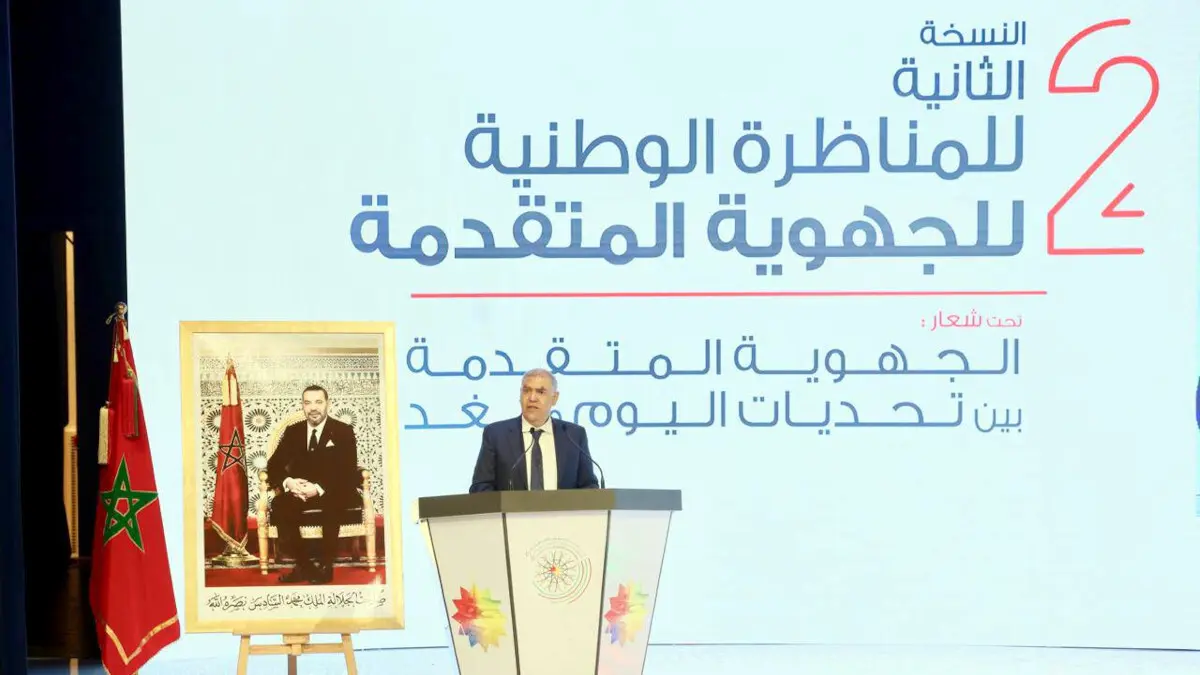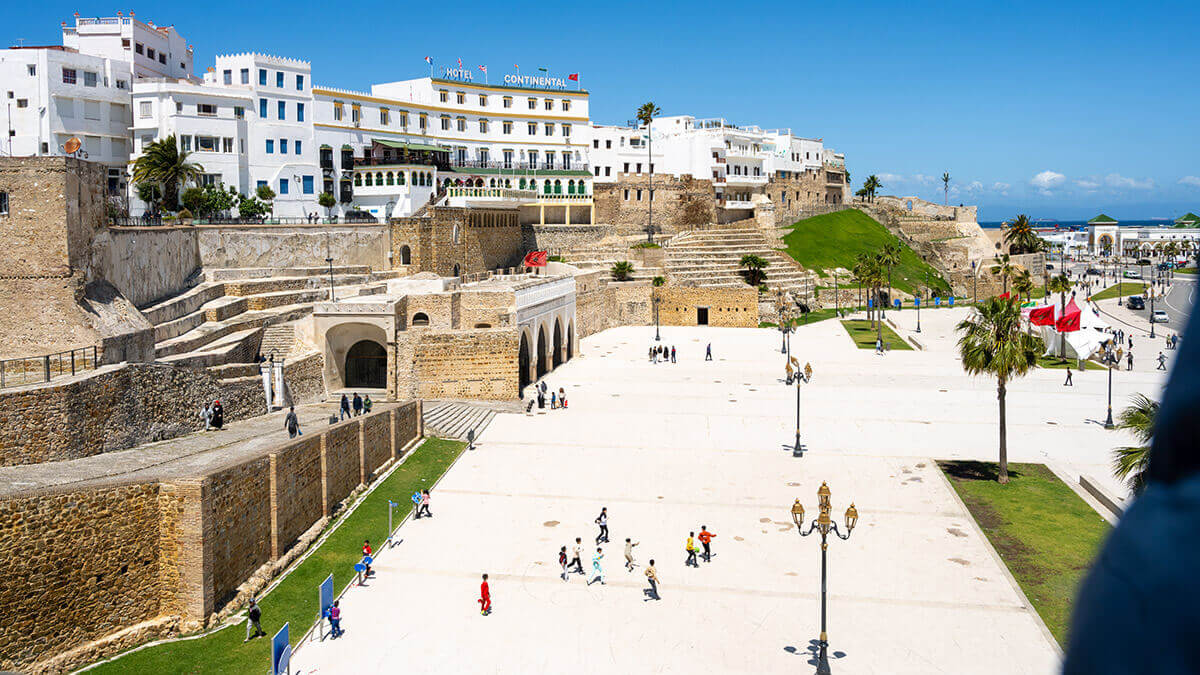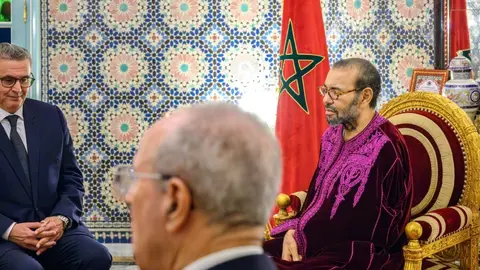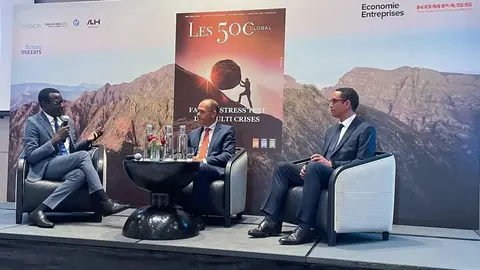Representatives of Morocco's regions discuss implementation of Mohammed VI's regionalisation plan

The event, under the patronage of King Mohammed VI, was organised by the Moroccan Ministry of the Interior, in partnership with the Association of Moroccan Regions, and was aimed at assessing achievements and sharing best practices in regional management.
Territorial cohesion
During the two-day event, government officials, presidents of regions, representatives of local councils and various experts discussed various successful initiatives and structuring projects that have been carried out by different regions, exchanging experiences and inspiring innovative and adapted solutions to territorial challenges.
The discussions crystallised in the elaboration of a clear and concrete roadmap, with practical and realistic recommendations, which takes into account the particularities of each of the country's regions, as well as the aspirations of their inhabitants, strengthening territorial cohesion and contributing to sustainable and inclusive development.
Among the strategic issues addressed during this forum, in the various thematic workshops, were the improvement of territorial attractiveness, productive investment, the financing of development programmes, the management of water stress, the development of transport and mobility, and the digital transformation of local administrations.

Speech by Abdelouafi Laftit
During the closing ceremony of this event on advanced regionalisation, the Moroccan Minister of the Interior, Abdelouafi Laftit, pointed out that ‘regional development requires the joint efforts of all actors to guarantee citizens prosperity and a dignified life’.
Laftif conveyed to the audience the message of King Mohammed VI, who stressed the need to address the challenges hindering the optimal implementation of the advanced regionalisation project, in particular those linked to the effective implementation of the National Charter for Administrative Deconcentration and the full operationalisation of the exercise by the regions of their full powers.
These challenges also include the strengthening of participatory democracy at regional and local level; the application of the constitutional principle of responsibility in territorial management; the promotion of the attractiveness of the regions; and the capacity of the regions to develop financing mechanisms that enable them to cope with certain crises and to adapt to changes imposed by the economic situation and future risks.
Platform for reforming local governance
The minister also stressed that the select group of speakers and participants at this forum in Tangiers - elected officials, parliamentarians, government officials, presidents of constitutional institutions, civil society actors and representatives of international organisations - ‘made it possible to hold constructive and fruitful debates on issues related to the challenges facing the advanced regionalisation project’.
According to the minister, these contributions also highlighted ‘the opportunities offered by advanced regionalisation as a platform capable of strengthening local governance, spatial justice and efficiency in the management of resources, and as a collective working space that gives actors the opportunity to reflect on the promotion of integrated development through the territorial implementation of public policies’.










